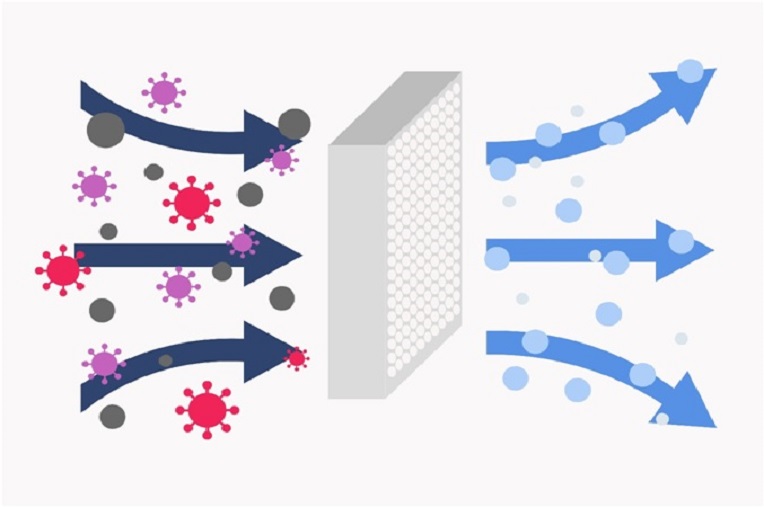The coronavirus has caused a major global health pandemic with far-reaching effects across every industry. Besides contact, one of the significant transmission mechanisms for this virus has been through the air, hence the safety recommendations of using masks. Since a furnace circulates hot air in your home, it can also spread coronavirus. Discover more information below as well as the importance of scheduling regular furnace repair and maintenance.
COVID-19, influenza, and various other viral respiratory conditions can be easily transmitted to other people through airborne pathogens. Primarily, the infected subjects can expel pathogenic materials into the surrounding air through sneezing, coughing, or talking. Your HVAC unit will then distribute that infected air around your household, thus contributing to the transmission of those viruses.
Although heat is known to kill the coronavirus, most of the air in a furnace system is not hot enough to guarantee that. Fortunately, there are a few practical ways, like using MERV filters or anti-viral furnace treatment, which can help prevent your furnace from transmitting airborne viruses as shown here below:
MERV Filters
Filtration, the removal of fine particulates from the air, can help ensure acceptable air quality. There is sufficient evidence that shows effective filtration helps eliminate infectious aerosols and improve your indoor air quality. However, you will need to upgrade your furnace filtration to a higher-rated MERV filter to trap and prevent viruses from spreading through your home.
Keep Your Furnace Running
Let your furnace and HVAC systems run as long as possible to ensure better results in preventing airborne virus transmission. Regardless of the high level of MERV filter your system has, if you switch it off, then you will not get the benefit of safe indoor air. It is vital for you to schedule frequent furnace repair and maintenance to make certain that your heating unit always works efficiently.
Consider Using Air Cleaners
Air purifiers with MERV or HEPA filters are also excellent solutions to prevent the spread of airborne viruses. These air purifiers are typically designed to clean air within a single area or room. Be sure to place these devices as close as possible to people so that they can work effectively without obstruction from the furniture.
Proper Filter Maintenance
Frequently replacing your furnace filters will guarantee that they are successfully filtering out all microorganisms and viruses that could cause illnesses, like Coronavirus. Dirty filters will not effectively eliminate air pollutants, which will cause them to spread to every part of your house. Upon removal, you should immediately dispose of the spent filters. Call us to see the recommended filter replacement time is for your furnace model.
Check the Humidity
Managing the relative humidity in your home can also minimize the transmission of specific airborne pathogens. Aim for around 40% to 60% humidity for best results in preventing airborne viruses. Humidity levels below 40% are linked to various factors that increase infection rates.
Conclusion
A furnace can spread coronavirus in your home since the virus is airborne. Taking the steps shown above may help you reduce the risk of infection. Also, ensuring your heating unit is functioning correctly with professional furnace repair will be highly beneficial. Contact Kelly’s Heating and Cooling Inc. today for all your furnace repair needs. (801) 282-9952

